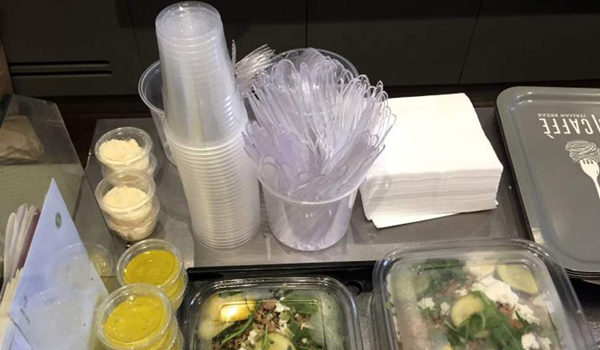Researchers in the US and Britain have accidentally engineered an enzyme which eats plastic and may eventually help solve the growing problem of plastic pollution, a study said Monday.
More than eight million tons of plastic are dumped into the world’s oceans every year, and concern is mounting over this petroleum-derived product’s toxic legacy on human health and the environment.Despite recycling efforts, most plastic can persist for hundreds of years in the environment, so researchers are searching for better ways to eliminate it.
Scientists at the University of Portsmouth and the US Energy Department’s National Renewable Energy Laboratory decided to focus on a naturally occurring bacterium discovered in Japan a few years ago.
Japanese researchers believe the bacterium evolved fairly recently in a waste recycling centre, since plastics were not invented until the 1940s.
Known as Ideonella sakaiensis, it appears to feed exclusively on a type of plastic known as polyethylene terephthalate (PET), used widely in plastic bottles.
A useful mutation
The researchers’ goal was to understand how one of its enzymes — called PETase — worked, by figuring out its structure.
“But they ended up going a step further and accidentally engineered an enzyme which was even better at breaking down PET plastics,” said the report in the Proceedings of the National Academy of Sciences, a peer-reviewed US journal.
Using a super-powerful X-ray, 10 billion times brighter than the Sun, they were able to make an ultra-high-resolution three-dimensional model of the enzyme.
Scientists from the University of South Florida and the University of Campinas in Brazil did computer modeling which showed PETase looked similar to another enzyme, cutinase, found in fungus and bacteria.
Source : asiaone.com








